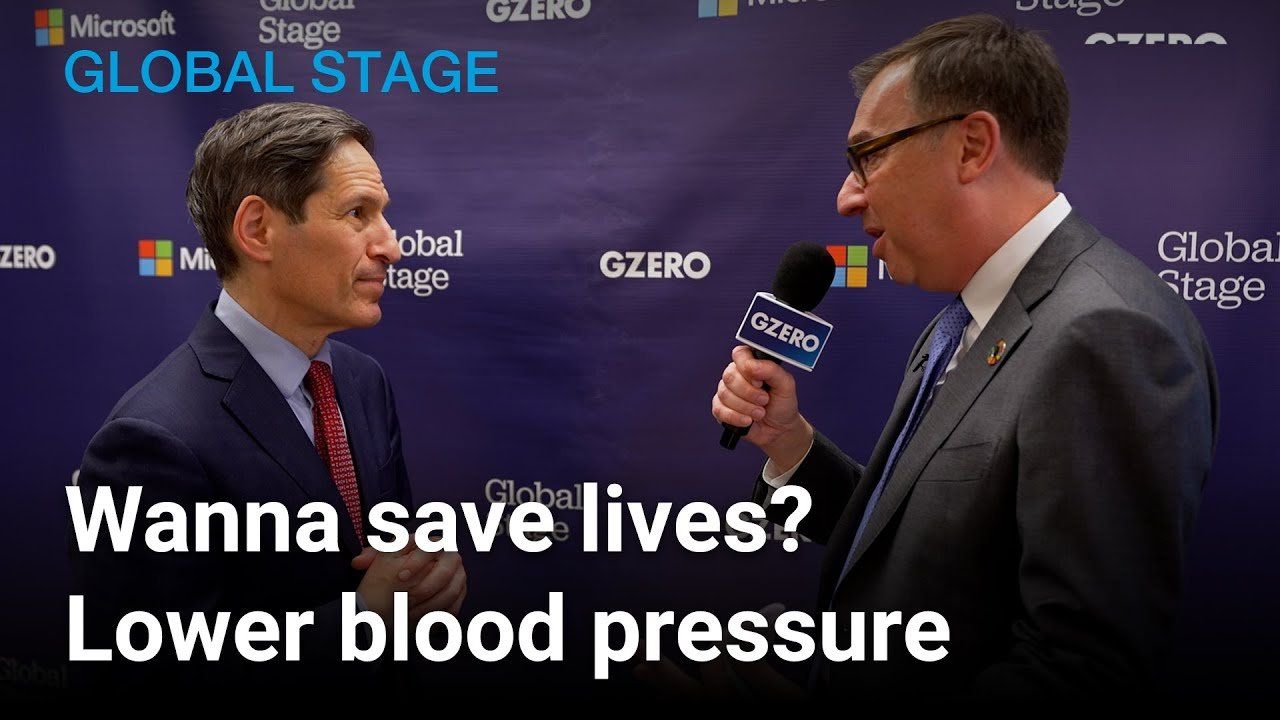Crisis Recovery
How can the world build back better public health after COVID?

How can the world build back better public health after COVID? | Global Stage | GZERO Media

Every year, over ten million people globally die from high blood pressure, more than all infectious diseases combined. Dr. Tom Frieden, former director of the Centers for Disease Control, is tackling this massive problem in public health, among many others, as CEO of Resolve to Save Lives.
He told GZERO’s Tony Maciulis that ensuring easy access to three drugs — amlodipine for blood pressure, metformin for blood sugar, and atorvastatin for cholesterol — could save tens of millions of lives over the next quarter century for just a penny per pill.
It’s part of a set of goals Frieden calls the three Rs: Renaissance in public health, robust primary healthcare and resilient populations. But as the developing world takes on more and more public debt, where will the money come from?
See more from Global Stage.
As expected, the Supreme Court struck down the bulk of Donald Trump's sweeping “Liberation Day” tariffs as illegal … and almost nothing changed.
Chris, an Army veteran, started his Walmart journey over 25 years ago as an hourly associate. Today, he manages a Distribution Center and serves as a mentor, helping others navigate their own paths to success. At Walmart, associates have the opportunity to take advantage of the pathways, perks, and pay that come with the job — with or without a college degree. In fact, more than 75% of Walmart management started as hourly associates. Learn more about how over 130,000 associates were promoted into roles of greater responsibility and higher pay in FY25.
Somewhere in the Donbas region, Ukrainian soldier Artem Bondarenko says he hasn’t slept through the night in months as he defends Eastern Ukraine.
In the latest episode of Vladimir Putin and Xi Jinping's hit wellness podcast This Authoritarian Life, we learn how positive communication patterns can break negative cycles in our relationships -- especially our relationships with Iran, Syria, Venezuela, and Cuba. #PUPPETREGIME